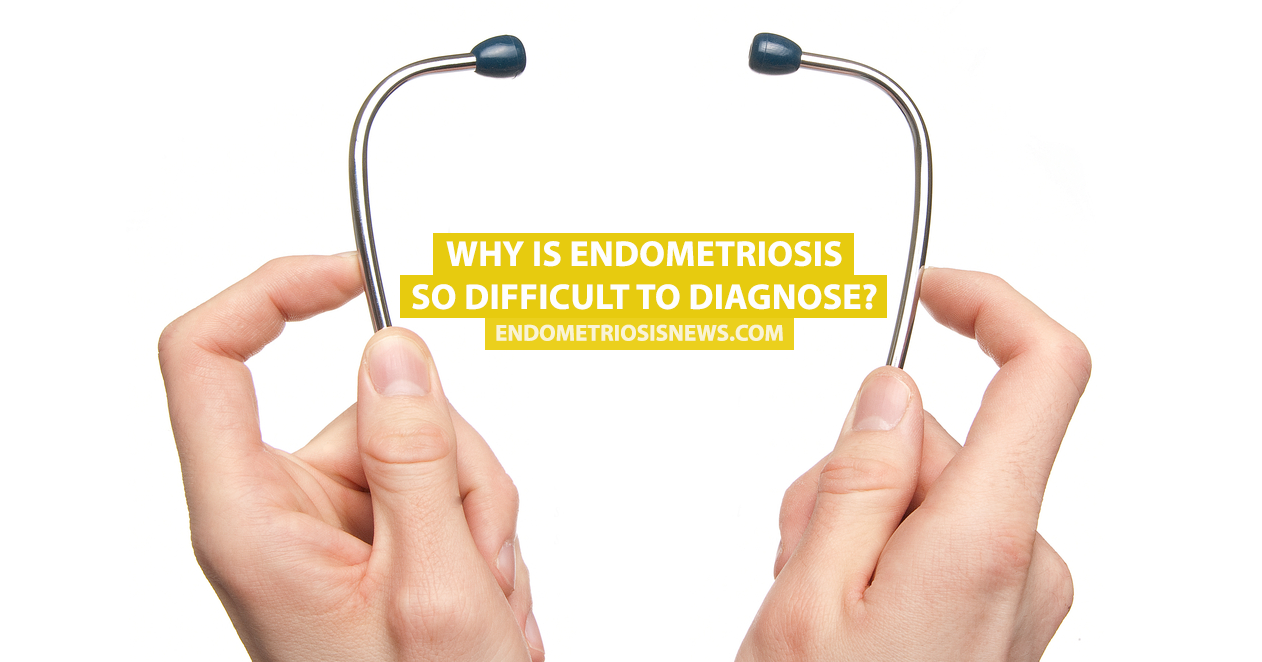While most women have heard of endometriosis, it seems that few are aware of all of the symptoms associated with the disease. This may explain why women end up waiting so long to be diagnosed.
MORE: 12 fast facts about endometriosis
According to an online survey conducted by Healthy Women and AbbVie, only 29 percent of the women who participated were able to identify all of the painful symptoms associated with endometriosis and only 42 percent realized that pain during sex could be a symptom of the condition.
Many women believe that pain before or during menstruation is the only symptom of endometriosis, which is simply not true. It’s critical that women develop a better understanding of the disease so they’ll see their doctors if they experience any of the many symptoms associated with endometriosis, including pain during sex, pelvic pain when not on their period, lower back pain, pain urinating or passing stools, and difficulty conceiving.
Accurately reporting all of the symptoms presented will help doctors diagnose patients earlier, potentially saving women from months or even years of severe pain and suffering.
Forty-five percent of the women surveyed said they waited four or more years before seeing a doctor about their symptoms, and 27 percent said they waited more than seven years. This could be because they’re embarrassed to talk about their symptoms, or that they believed the symptoms were just part of being a woman.
There isn’t a blood or urine test that can say a woman has (or doesn’t have) endometriosis. Women will need an ultrasound or laparoscopy, which can put many off visiting their doctors.
To add to the problem, many women find they are dismissed for years by their doctors, told they’re simply experiencing normal “woman’s problems” and that there is nothing to worry about.
MORE: Dispelling three common endometriosis myths.
Endometriosis News is strictly a news and information website about the disease. It does not provide medical advice, diagnosis or treatment. This content is not intended to be a substitute for professional medical advice, diagnosis, or treatment. Always seek the advice of your physician or another qualified health provider with any questions you may have regarding a medical condition. Never disregard professional medical advice or delay in seeking it because of something you have read on this website.

